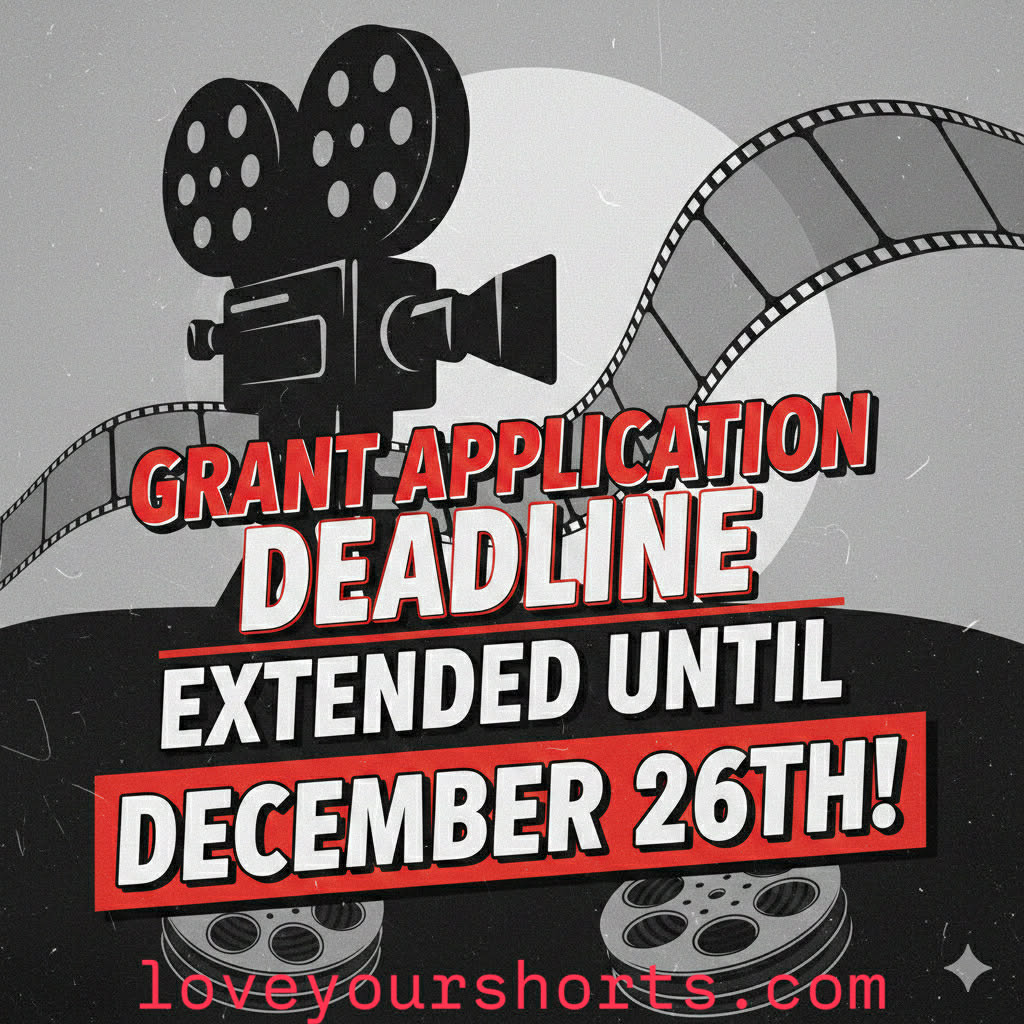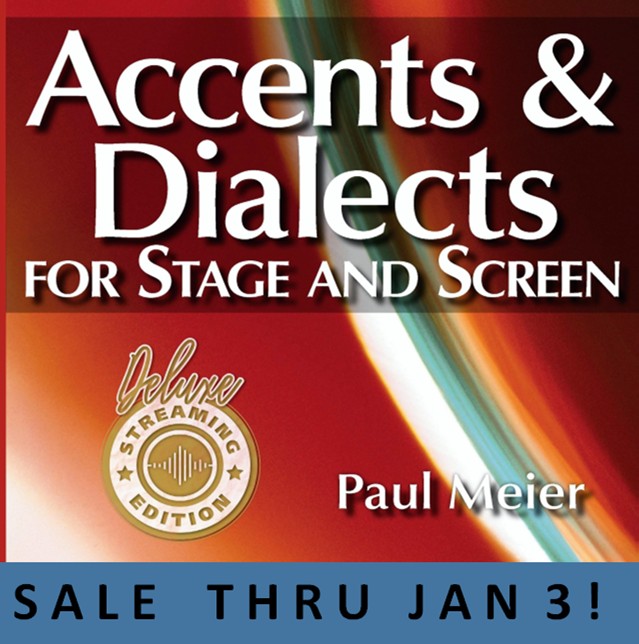South Africa 41
Listen to South Africa 41, a 70-year-old man from Bloemfontein and Cape Town, South Africa. Click or tap the triangle-shaped play button to hear the subject.
Both as a courtesy and to comply with copyright law, please remember to credit IDEA for direct or indirect use of samples. IDEA is a free resource; please consider supporting us.
BIOGRAPHICAL INFORMATION
AGE: 70
DATE OF BIRTH (DD/MM/YYYY): 17/05/1947
PLACE OF BIRTH: Bloemfontein (Free State Province)
GENDER: male
ETHNICITY: Caucasian/South African/Lithuanian/Jewish
OCCUPATION: Retired chemical pathologist
EDUCATION: MBChB (Bachelor of Medicine & Surgery) at University of Cape Town
AREAS OF RESIDENCE OUTSIDE REPRESENTATIVE REGION FOR LONGER THAN SIX MONTHS:
The subject was born and raised in Bloemfontein but moved to Cape Town at the age of 16 and has remained there since.
OTHER INFLUENCES ON SPEECH: N/A
The text used in our recordings of scripted speech can be found by clicking here.
RECORDED BY: Nadia Barnard
DATE OF RECORDING (DD/MM/YYYY): 01/12/2017
PHONETIC TRANSCRIPTION OF SCRIPTED SPEECH: N/A
TRANSCRIBED BY: N/A
DATE OF TRANSCRIPTION (DD/MM/YYYY): N/A
ORTHOGRAPHIC TRANSCRIPTION OF UNSCRIPTED SPEECH:
OK, well I was born in South Africa, in Bloemfontein in 1947. Um, my parents, um, were basically Lithuanian-Jewish extraction. Um, my dad was actually born in Lithuania, and he lived there with his mom for, oh, I don’t know, twenty years almost, maybe, and then, er, they came out to Cape Town; I think the brother had come before, and he financed the trip. So they came out and they lived here. And my dad went to school to learn English, and then he went to university to do engineering, and he became a civil engineer. And my mom, um, was from Steytlerville, in the Eastern Cape, but her parents were both Lithuanian Jews that had come out before, and they ran a little shop in Steytlerville. Um, and my mom was actually pretty much Afrikaans-speaking; she was what they call a “Boere-Jood.” Um, so she was bilingual in English and Afrikaans, and in fact she became a translator for the SABC, er, at a later stage. I remember a story she always told about: They asked her to translate Hitler’s speeches from English into Afrikaans, and she refused to do that, and they said, “Well, you might get into trouble for this.” But, er, she got away with it this time. [Subject laughs.]
Anyway, um, so what else? So then, um, ja, they got married in 1940 in George, and, um, then my dad was transferred to Bloemfontein in 1946, er, er, Free State Roads Department, so I was born in ’47, and, um, ja, I lived in Bloemfontein my whole life, well, my whole school life until I was 16, and then I came down to university here and been in Cape Town ever since, really, ja. …
My dad’s mom was like a real pillar of sort of society — she, well, of family anyway. She, she, er, she really struggled in Lithuania to have — er, she had some of her kids with her, and I mean, they were really poverty-stricken; they were hell of a poor, and I mean she used to have to beg for money and, er, er, so as a result the kids are very fond of their mother, er, whereas dad was a bit of a shadowy character; he was out in Cape Town and he was just studying Darwin’s Theory of Evolution, and he didn’t really get involved with the kids much. So my dad was very strongly bonded to his mom. Um, and, er, he, he, he was quite a big rock climber in his day. When he came to Cape Town, he got into the mountains, and he used to open routes – I’m very proud of him – and, er, you can see them in a book, in a, in a sort of guide to Table Mountain; you can see his name there, opening a whole lot of routes. But unfortunately he never took me climbing; I think maybe I was a bit old when — I mean he was a bit old when I was born, well, sort of; he was 44, and he’d sort of stopped climbing by then, and we lived in the Free State. But ag, you know, I had a pretty good childhood, I must say; I went to a wonderful school: Christian Brothers’ College; it was sort of Irish Catholic school, and, er, the education was just magnificent. Um, and it was just about free. But, of course, those were the Apartheid days, where all white kids were educated for free, and we kind of didn’t really think about the other kids. Not so good. Um, but you know, life then was amazingly sort of pleasant. Er, and the education as I said, those Irish monks, they were wonderful; they really knew their stuff, and they were so dedicated. Um, and then I went to UCT, and, er, I mean, there I was also, giv- — I was really fortunate to get a wonderful education. I did Medicine at UCT, ja; finished in 1970, and I did my housemanship, went to the army, and got a job back at, at, er, the Department of Chemical Pathology. And I spent the next 34 years there until I reti- until they retired me at 65! [Subject laughs.] And since then, I’ve just been sort of hanging out in Camps Bay, breeding dogs, keeping honey, beehives, walking, cycling, playing music, traveling, ja. …
Cape Town was just so exciting, especially in those days when there was no traffic, and everything was beautiful, and there weren’t fences everywhere, and you could walk where you liked. It was amazing. life. Ja. …
And I think he, he, he took quite a lot of strain, to be honest. I remember one point, he got upset because, I think, w- coloured students weren’t allowed to watch post-mortems on white people, which I mean, like there was difference! Um, and then, you know the hospital was segregated, like the white students could examine anybody, but the black students couldn’t examine white patients, so, ja. You know, you, kind of amazing how you just take it for granted, and years later you look back on it and you think, Jesus, that was kind of weird! …
I wasn’t hell of a happy about what the Nazis did to all the Jews in Lithuania. So I’m not like mad about Lithuania, because I know that a lot of them were collaborators. I mean, they, they were helping the Nazis; they were dead happy to get rid of the Jews and take all of their property and stuff, so a bit mad about kind of Lithuania per se, but, um, ja, I’m kind of interested in just history, generally. And I mean, not just mine, but sort of everybody’s. Ja. And it, it, the more you realize, er, that actually, people’s histories have got quite a lot in common.
TRANSCRIBED BY: Nadia Barnard
DATE OF TRANSCRIPTION (DD/MM/YYYY): 04/12/2017
PHONETIC TRANSCRIPTION OF UNSCRIPTED SPEECH: N/A
TRANSCRIBED BY: N/A
DATE OF TRANSCRIPTION (DD/MM/YYYY): N/A
SCHOLARLY COMMENTARY: N/A
COMMENTARY BY: N/A
DATE OF COMMENTARY (DD/MM/YYYY): N/A
The archive provides:
- Recordings of accent/dialect speakers from the region you select.
- Text of the speakers’ biographical details.
- Scholarly commentary and analysis in some cases.
- In most cases, an orthographic transcription of the speakers’ unscripted speech. In a small number of cases, you will also find a narrow phonetic transcription of the sample (see Phonetic Transcriptions for a complete list). The recordings average four minutes in length and feature both the reading of one of two standard passages, and some unscripted speech. The two passages are Comma Gets a Cure (currently our standard passage) and The Rainbow Passage (used in our earliest recordings).
For instructional materials or coaching in the accents and dialects represented here, please go to Other Dialect Services.
 IDEA: International Dialects of English Archive
IDEA: International Dialects of English Archive




